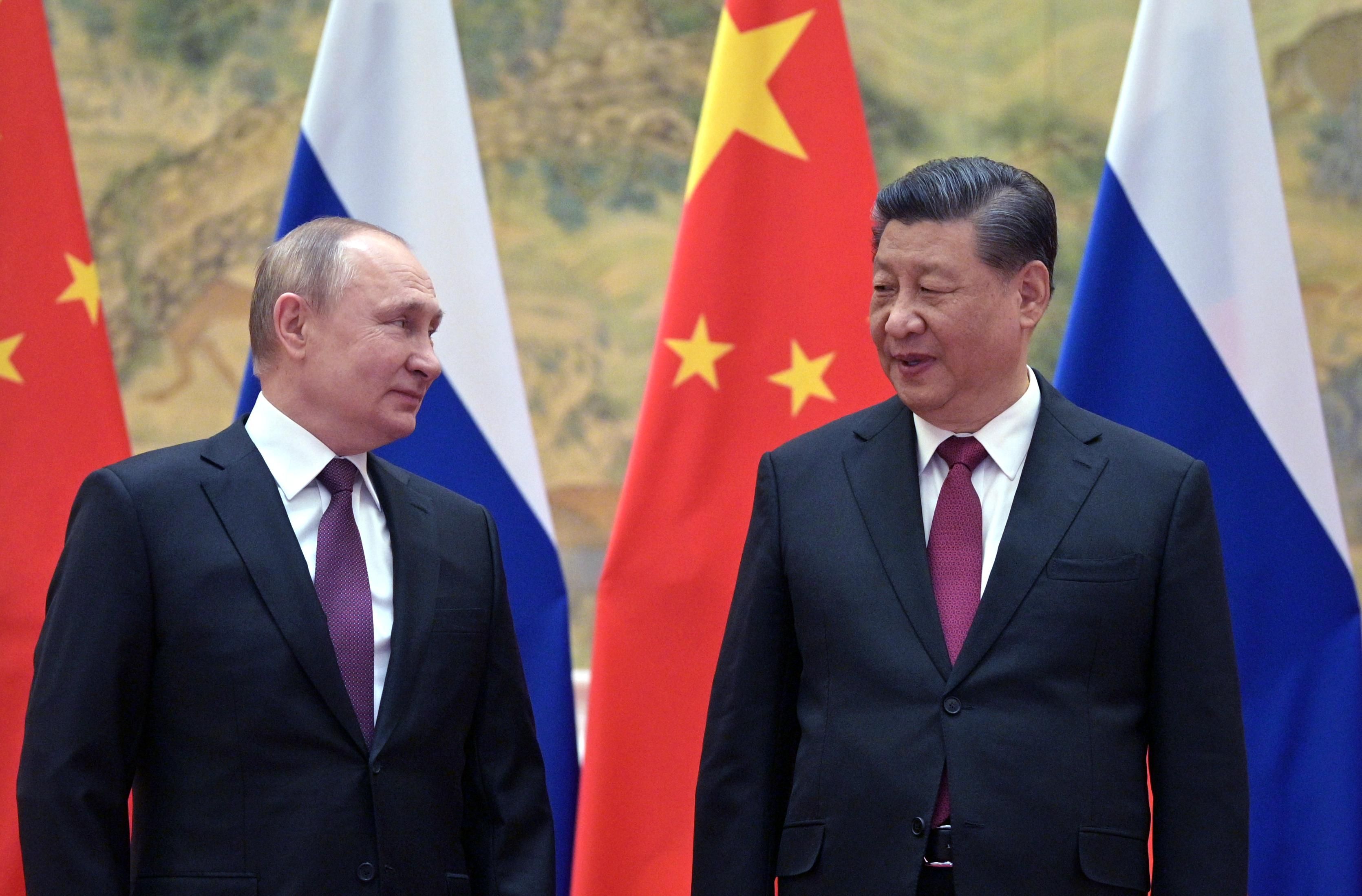How China sees Ukraine. One man’s invasion is another man’s … what, precisely? China apparently prefers not to define Russia’s attack on Ukraine as an invasion, a point reflected in Assistant Foreign Minister Hua Chunying’s repeated dodging of the question in a Thursday press conference. The invasion — yep, we’re calling it like we see it — puts Chinese leadership in a tricky spot. Earlier this month, at the opening of the Olympic Games in Beijing, Xi Jinping and Vladimir Putin pointedly closed ranks against the West. But even Xi is unlikely to condone Russian actions that end up destabilizing the world economy (Thursday's markets were all over the place). Instability, after all, is Xi’s bugbear, and China had already softened its support for Putin’s aims in Ukraine even before the Russian assault began. While China is unlikely to join the US-led allies in sanctioning Moscow — perhaps because Xi is worried he could face similar economic punishment should he someday decide to move on Taiwan — a new Cold War is the last thing a country focused on economic growth and global commercial power wants. Even Hua admitted, dryly: “What you are seeing today is not what we have wished to see.”
Biden SWIFTly avoids “nuclear” economic sanctions option. US President Joe Biden on Thursday announced fresh sanctions on Russia just hours after Vladimir Putin invaded Ukraine. Biden says the sanctions — which build on Tuesday’s first wave by targeting more Russian banks and cutting Moscow off from the US financial system — will severely cripple Russia’s economy. But the US president held back on booting Russia from the SWIFT global financial payments system, likely because some European nations need it to keep buying Russian natural gas. (Not the UK, whose PM Boris Johnson notably favored Russia’s exclusion from SWIFT.) Meanwhile, some EU members are reportedly asking for exemptions to the sanctions: Italy wants to keep selling fashion items to wealthy Russians, and Belgium to continue sourcing Russian diamonds.
Please tell us your thoughts on what it will take to get Putin to withdraw from Ukraine in this Twitter poll.
More For You
In this episode of GZERO Europe, Carl Bildt examines the implications of President Trump’s threats to take over Greenland and why they alarm Europe.
Most Popular
The Democrat from Arizona says now is the time to act.
In this “ask ian,” Ian Bremmer responds to the US investigation into Federal Reserve Chair Jerome Powell and why it matters far beyond interest rates.
Walmart is investing $350 billion in US manufacturing. Over two-thirds of the products Walmart buys are made, grown, or assembled in America, like healthy dried fruit from The Ugly Co. The sustainable fruit is sourced directly from fourth-generation farmers in Farmersville, California, and delivered to your neighborhood Walmart shelves. Discover how Walmart's investment is supporting communities and fueling jobs across the nation.
